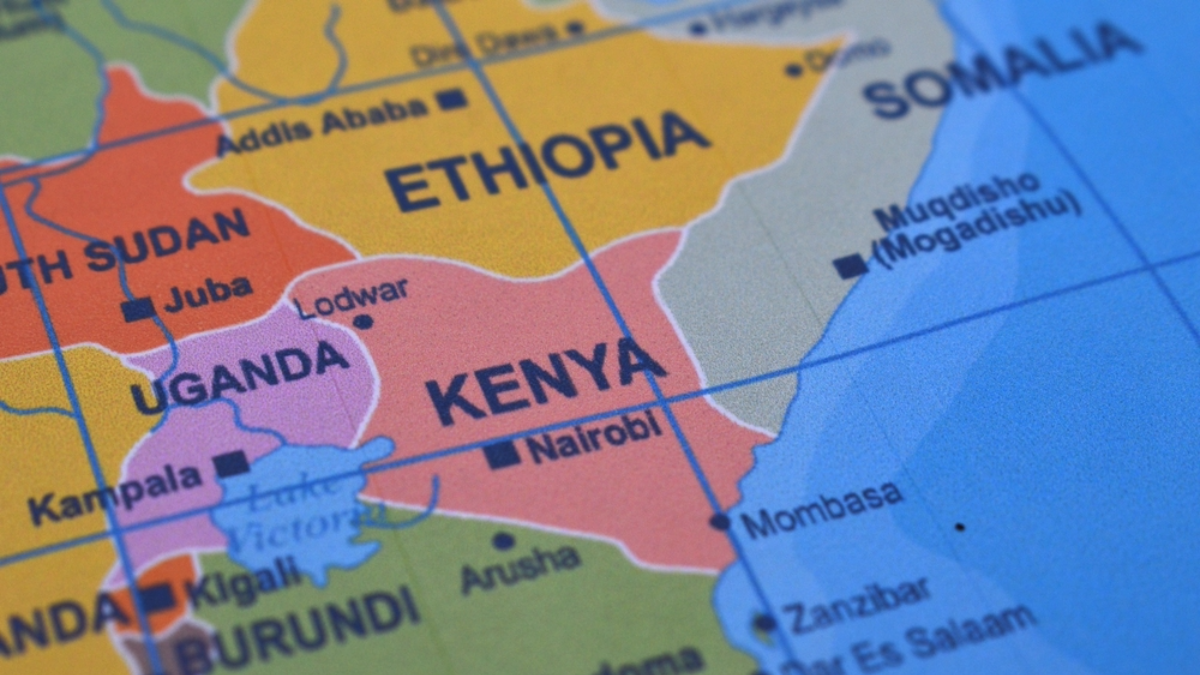Ensure AI Meets Consumer Rights and Ethical Standards in East Africa
Ivan Sang / Nov 19, 2024As artificial intelligence (AI) technology evolves, East Africa faces a pivotal challenge: reaping the benefits of AI without compromising consumer protection or ethical standards. The region is already harnessing AI’s vast potential, which requires establishing strong regulatory frameworks and ethical guidelines. Balancing these priorities is delicate, as AI is being deployed in sectors such as healthcare, logistics, and finance. Successfully managing this balance demands considering several factors, including consumer protection, regulatory adaptation, and ethics.
Consumer protection is one of the biggest challenges in adopting AI. While AI offers great promise, its unchecked deployment can have significant consequences. For instance, a WIRED report highlighted an AI-powered healthcare system that mistakenly categorized prescriptions for human patients as pet medications, highlighting the risks posed by underdeveloped or untested algorithms. Such incidents underscore the need for clear accountability in AI-driven decisions, particularly in sensitive sectors like healthcare.
Additionally, consumers face difficulties proving non-conformities in AI systems, as the opacity of these technologies complicates accountability. The European Union (EU) has addressed this challenge with the AI Act, the Digital Content and Digital Services Directives, and other robust regulations focused on digital services. East African laws, such as Kenya’s Sale of Goods Act, are outdated. These laws fail to address digital goods, AI-driven errors, transparency of algorithms, and effective consumer redress – crucial safeguards in the digital age.
Regulatory adaptation is urgently required to address these gaps. Outdated legal frameworks leave AI unaddressed. For instance, autonomous technologies like self-driving cars illustrate this issue. While features like adaptive cruise control (ACC) are becoming standard worldwide, East African traffic laws have yet to catch up. In Kenya, for example, the Traffic Act mandates that a human operator must drive all vehicles, which conflicts with AI-driven vehicles. Therefore, East African nations must revise traffic and transport laws to accommodate AI-driven vehicles and develop clear legal frameworks for emerging technologies. For example, AI in logistics could help streamline supply chains and improve deliveries, but outdated laws may delay such advancements. Additionally, liability issues arise—if AI-driven systems cause errors, such as misdirecting shipments or missing deadlines, the current legal framework may struggle to assign responsibility. The absence of a clear framework erodes public trust and stifles innovation in sectors critical to the region’s development.
The ethical implications of AI are another concern. Unlike the EU, which has established detailed guidelines, East African nations lack formal ethical standards for AI. This gap leaves room for biases in AI systems, which could disproportionately affect marginalized communities. For example, biased credit algorithms could restrict access to loans for smallholder farmers or informal sector workers, while hiring algorithms might overlook qualified candidates from underrepresented ethnic groups or rural areas. A clear ethical framework emphasizing transparency, fairness, and accountability is crucial to ensure that AI developments align with human rights and do not reinforce inequality. To prevent these risks, East African nations must align their frameworks with international human rights standards to ensure fairness and transparency in AI systems.
As AI advances, East African nations must swiftly close governance gaps, protect consumer rights, regulate emerging technologies, and establish ethical guidelines. Governments, tech companies, and civil society must collaborate to shape these guidelines and ensure that AI deployment benefits everyone. Doing so will ensure responsible AI deployment and position the region for a prosperous AI-driven future.
Authors

